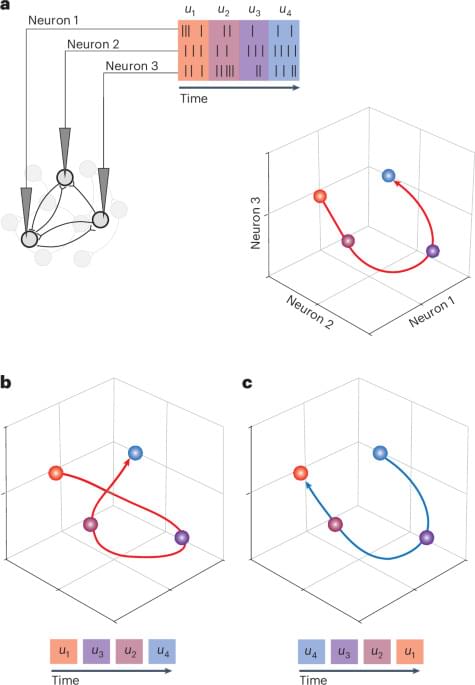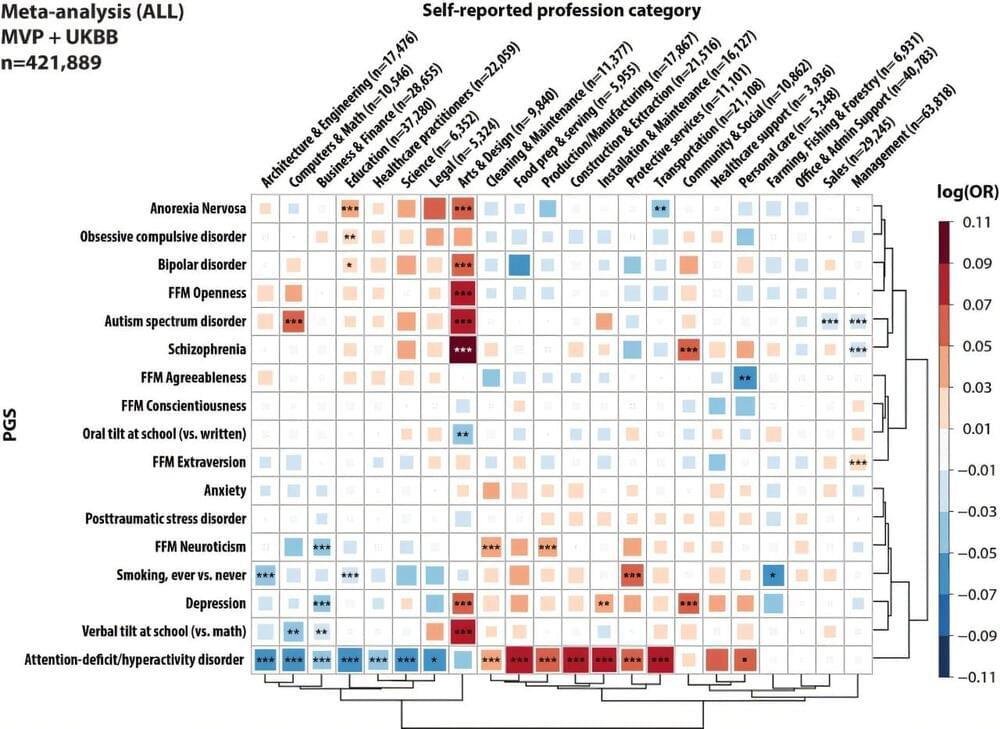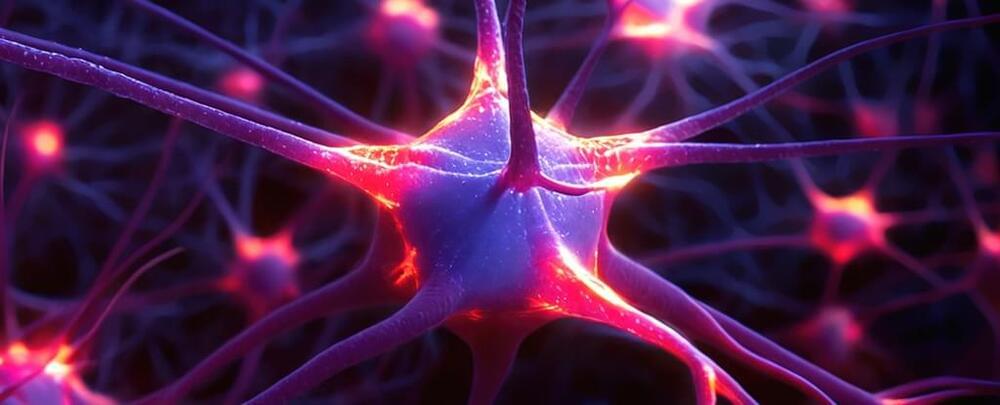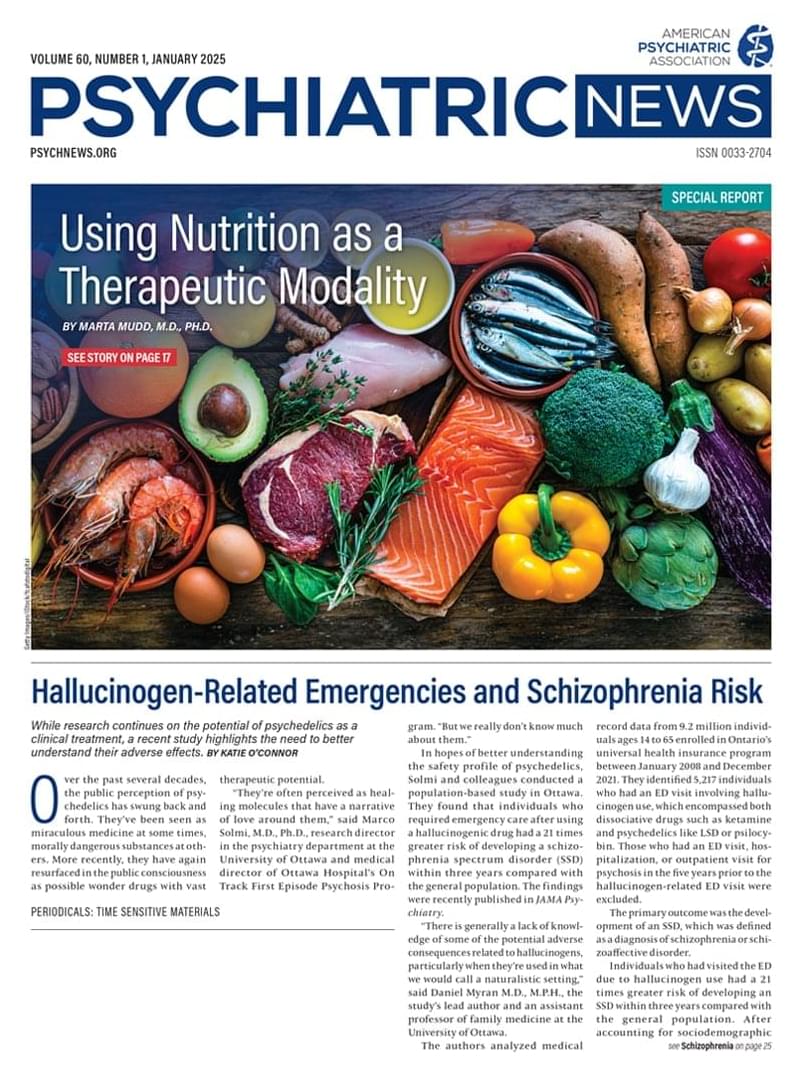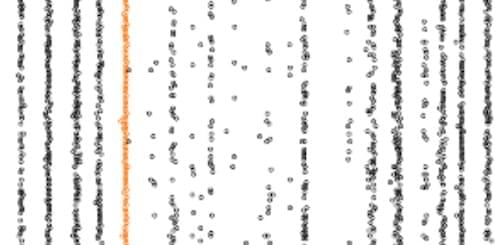As an embryo grows, there is a continuous stream of communication between cells to form tissues and organs. Cells need to read numerous cues from their environment, and these may be chemical or mechanical in nature. However, these alone cannot explain collective cell migration, and a large body of evidence suggests that movement may also happen in response to embryonic electrical fields. How and where these fields are established within embryos was unclear until now.
“We have characterized an endogenous bioelectric current pattern, which resembles an electric field during development, and demonstrated that this current can guide migration of a cell population known as the neural crest,” highlights Dr. Elias H. Barriga, the corresponding author who led the study published in Nature Materials.
Initially, Dr. Barriga and his team began research on the neural crest at the former Gulbenkian Institute of Science (IGC) in Oeiras, Portugal before continuing research in Dresden, establishing a group at the Cluster of Excellence Physics of Life.

